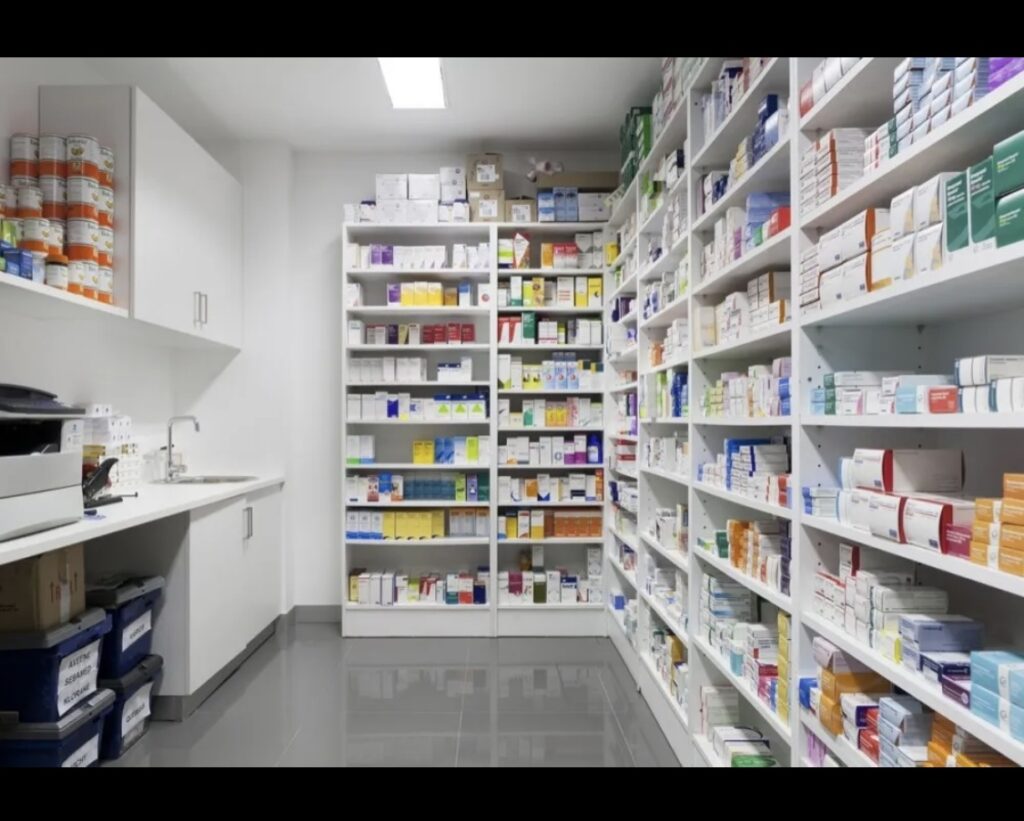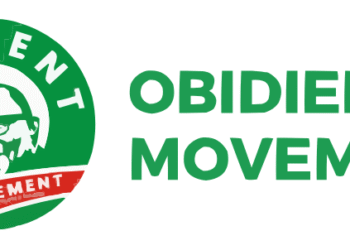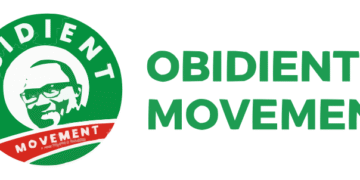The Ministry of Health and Social Welfare has officially completed the Executive Order Harmonised Implementation Framework, which is set to abolish Value Added Tax (VAT) and Excise Duties on pharmaceutical products and medical devices.
In a recent interview with reporters in Abuja, Dr. Tunji Alausa, the Minister of State for Health and Social Welfare, shared this development.
He noted that the framework has already received clearance for publication in the official gazette, which is a vital step in making the new policy effective.
Alausa expressed optimism that this initiative would greatly enhance the operational capabilities of local pharmaceutical manufacturers while simultaneously reducing the prices of essential healthcare supplies that millions of Nigerians depend on.

He stated, “The new framework allows the Federal Inland Revenue Service (FIRS) and the Nigeria Customs Service to implement these tax exemptions, paving the way for local producers to fully benefit from the relief measures initiated by President Bola Ahmed Tinubu.”
This initiative is designed to alleviate some of the financial burdens that many Nigerians face, particularly those reliant on critical health supplies, thereby aligning with the government’s ongoing commitment to improving healthcare access and affordability across the country.
“This is a critical milestone that will foster a healthier, more self-reliant nation,” Alausa added, highlighting the importance of supporting local manufacturers.
He emphasized that this support would help unlock the healthcare value chain, making quality healthcare more accessible to all citizens.
Alausa further explained that the gazetting of the Harmonised Implementation Framework represents a pivotal achievement within the ministry’s broader four-point agenda.
This agenda explains the relevance of local production in strengthening the nation’s healthcare sector.
He also mentioned that copies of the framework would be distributed to relevant agencies to ensure prompt action, signaling a unified effort to improve healthcare delivery throughout Nigeria.

Moreover, the minister highlighted that this initiative is widely regarded as a positive advancement toward stabilizing the pharmaceutical market.
It aims to ensure that essential medications and medical devices are available at more affordable prices, ultimately enhancing health outcomes for the Nigerian populace.
The Nigerian healthcare system has been grappling with ongoing challenges, particularly the high costs associated with essential medications and medical devices.
These financial hurdles have had a detrimental impact on healthcare access for millions of citizens. Recognizing the urgency for reform, the government has prioritized initiatives to support local pharmaceutical manufacturing and alleviate the financial strain on consumers.
Under the leadership of President Tinubu, the Federal Government has introduced a range of measures designed to revitalize the healthcare sector.
These measures include the Executive Order aimed at eliminating VAT on pharmaceutical products. This order is part of a larger strategy to improve healthcare delivery by fostering local production capabilities, ensuring that Nigerians can access both affordable and quality health supplies.
The Executive Order is consistent with the Ministry of Health and Social Welfare’s four-point agenda, which is focused on improving healthcare access, promoting local manufacturing, and fortifying the healthcare value chain.
The successful finalization and implementation of the Harmonised Implementation Framework represent a crucial step forward in the government’s commitment to achieving these essential goals.
By removing VAT and excise duties on pharmaceutical products and medical devices, the government seeks to stimulate the local pharmaceutical industry, reduce the costs of essential drugs, and enhance overall health outcomes for the Nigerian population.
This strategic move is anticipated to contribute to the creation of a more sustainable healthcare system while encouraging the growth and development of local manufacturers.
The implementation of this framework is expected to have far-reaching effects, paving the way for a healthcare system that is not only more efficient but also more accessible for all Nigerians.





































